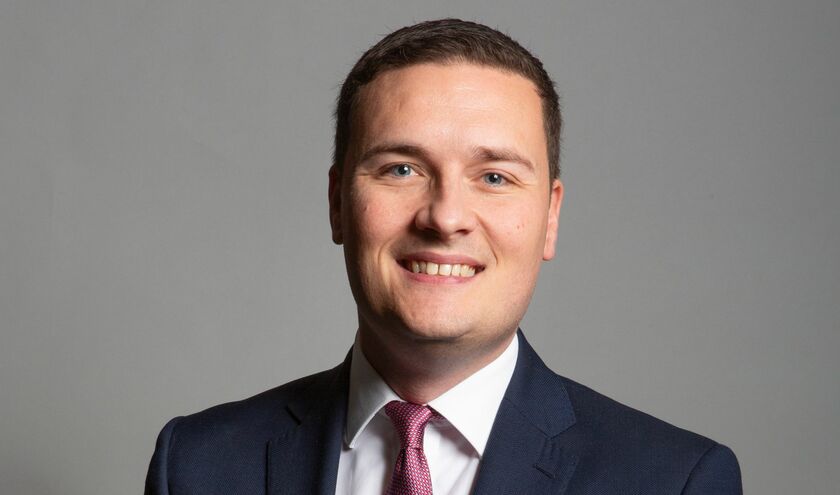NHS England said the total waiting list had fallen by 193,000 since July 2024.
Health and social care secretary, Wes Streeting, said: ‘Through the Prime Minister's Plan for Change, we will cut the longest waiting times from 18 months to 18 weeks, so the NHS is there for you when you need it, once again.'
NHSE said average waiting times for tests and checks were at a five-year low of 17 days, 43 days lower than at the height of the pandemic.
NHS teams delivered more than 2.5m checks in January, up almost a quarter (23%) on 2.05m in January 2019 and 5% higher than the same month last year (2.4m in Jan 2024).
In addition, 58.9% of patients were treated within 18 weeks as waits of over a year fell to 198,868 – the lowest since November 2020 (192,236). Waits of over a year now make up only 2.7% of the waiting list.
NHS staff delivered 1.59m treatments in January, up around 20,000 on 1.57m in January 2024 and 5% higher than the same period pre-pandemic (1.52m in January 2020).
The number of people given a definitive diagnosis for cancer or the all-clear within four weeks increased compared to the previous month, with 195,366 seen within target (up from 190,571 in December 2024 and 186,422 the year before).
The NHS failed to meet the faster diagnosis cancer standard, however, with performance at 73.4% but this was up on 70.8% in the year-earlier. There were 58,622 cancer treatments in January, 8,000 more than the month before (50,696).
A&E performance and all categories of ambulance response times improved on both the month and year before. Around three quarters (73.4%) of patients were admitted, transferred, or discharged in A&E within four hours, while the average response for Category 2 ambulance calls was 31 minutes 22 seconds.
Data for the week to 9 March showed hospitals continued to face winter pressures with an average 1,063 patients per day in hospital with norovirus – up more than 50% on the same week last year (683). Bed occupancy remained high with 95.5% of adult beds taken up and 13,717 beds each day taken up by patients who did not need to be in hospital.
Reaction
Nuffield Trust chief executive Thea Stein said: ‘NHS leaders are meeting today to discuss a financial "reset" in the face of a yawning deficit. Yet it is crystal clear that the financial challenges facing the NHS are inextricably linked to the pressures caused by continued and growing demand for healthcare, the problems presented by poor or patchy social care provision, and a lack of systematic investment in primary and community care.'
Tim Gardner, assistant director of policy at The Health Foundation, said: ‘The forthcoming 10-Year Health Plan is a chance to change perceptions of the NHS and set a clear direction for the service. The real test for Government will be whether the public start to see genuine improvements in the NHS services they rely on.'



